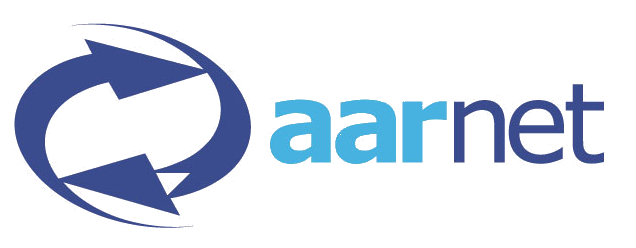The Power ⚡️ and Responsibility 😓 of Unicode Adoption ✨
| Project: | 🎉 | ||||
Communication is difficult.
Whether it’s between humans or machines or a combination of the two, trying to translate meaningful information is a lossy process.
Converting languages to use the new Unicode standard is hard, but once it's in place, you get this marvellous feature-add: Emoji compatibility. No longer do we have to make faces with symbols, or be forced to platform-specific emoticons! Rejoice in the extended character set!
Emoji has a rich history as a way to allow the communication of ideas in a reduced amount of data, and dates back to a time where this was important: SMS communications in Japan. However, as social networks feverishly try and clamber into this bandwagon, their implementations of the standard create more issues with miscommunication that aren't already possible with a 12x12 pictograph. 🤔
From the technical to the social aspects, mojibake and UTF-{8,16,32}, this talk will cover why the extended character set provided by the Unicode standard needs to be treated with responsibility by users and platforms alike.
This talk is not just an excuse to see what parts of the conference stack can’t handle Unicode, I promise. 😇
Katie McLaughlin
Katie has worn many different hats over the years. She has previously been a software developer for many languages, systems administrator for multiple operating systems, and speaker on many different topics.
When she's not changing the world, she enjoys cooking, making tapestries, and yelling at JavaScript and its attempt at global variables.
Sponsors
Platinum


Gold



